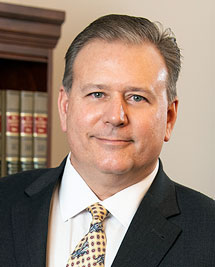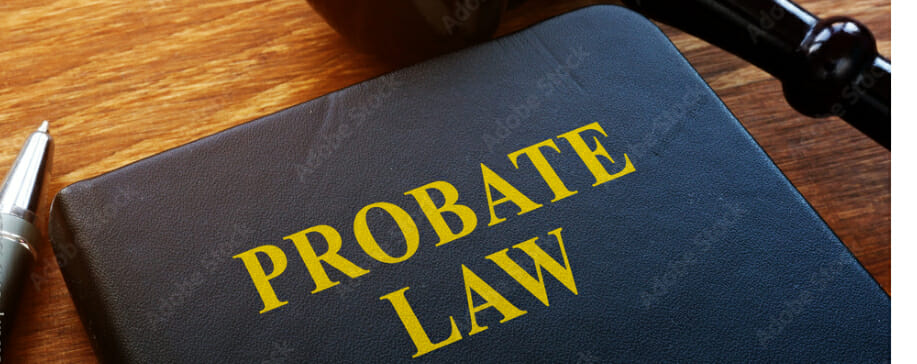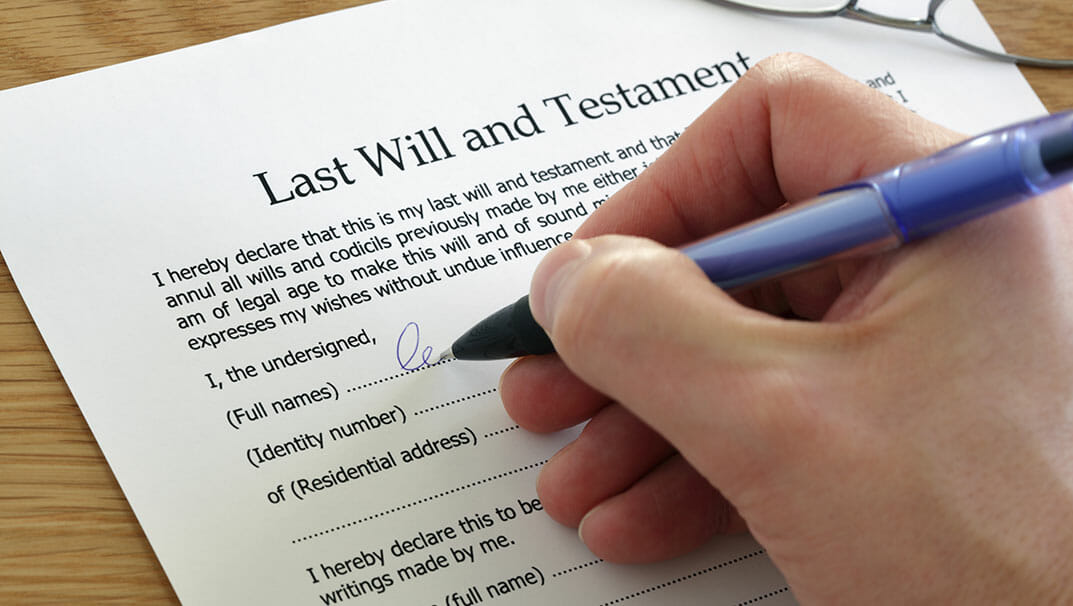Frequently Asked Questions
Many individuals facing serious financial issues share common questions, concerns and uncertainties.
The Lexington, Kentucky-based personal bankruptcy attorneys of Bunch & Brock offer these general answers to frequently asked questions for the benefit of potential clients. You can rely on us for accurate, honest case analyses and dedicated representation. We have helped numerous individuals get the relief they deserve. Contact us to see if we can help you.
What is a discharge in bankruptcy?
If you owe more money than you have, bankruptcy will get you relief from these debts and have much of your financial slate wiped clean. The purpose of a bankruptcy is to receive a “discharge” from the bankruptcy court, which is technically a federal court injunction that permanently prohibits creditors from trying to collect a debt that arose prior to the filing of the bankruptcy case. In other words, the discharge prohibits a creditor from (a) taking or continuing legal actions/lawsuits against the debtor, (b) making telephone calls to the debtor, (c) sending collection letters to the debtor, and (d) trying to contact the debtor in any other way to collect the debt. Bankruptcy is designed to help people eliminate (discharge) their debts or repay them according to a manageable plan. While bankruptcy does give a financial fresh start, there are some kinds of debts that you will continue to owe, just as if bankruptcy had never been filed. These debts include back child support, alimony, student loans and certain kinds of tax debts. Finally, a debtor can choose to “reaffirm” a debt to a secured creditor, such as a mortgage on a home or a car loan. So long as a debtor can afford to continue payments to a secured creditor, the debtor and the secured creditor may agree to sign a “reaffirmation agreement” to allow the debtor to keep possession of the collateral. The reaffirmed debt is not covered by the discharge, which means that the debt must be paid to the secured creditor as if the debtor had never filed bankruptcy.
What is Chapter 7 bankruptcy?
Also known as “liquidation,” Chapter 7 of the Bankruptcy Code is the most common way of debt discharge. Once a petition is filed seeking bankruptcy relief under Chapter 7, an automatic stay is issued, which puts an immediate end to most kinds of collections that are being sought against you. The court then appoints a bankruptcy trustee who is responsible for collecting your nonexempt property, liquidating it and delivering the proceeds to the creditors. If there are not enough assets to cover what you owe, some of the creditors simply do not get paid. Kentucky has adopted the federal exemptions set forth in 11 U.S.C. Section 522(d); the federal exemptions are very generous compared to exemptions under Kentucky law. Therefore, in most Chapter 7 cases, the debtor gets to keep all of his or her property.
What is Chapter 13 bankruptcy?
Also called a “wage earner’s plan,” Chapter 13 of the Bankruptcy Code is a good choice for people who have temporary financial problems, a steady income and a willingness to repay some of their debt. Once a petition is filed seeking bankruptcy relief under Chapter 13, you have 14 days to propose a repayment plan for making installment payments to your creditors over a three- to five-year period. The plan must be approved by the court and, if you successfully complete it, the debts covered by the plan are discharged. One of the significant advantages to filing under Chapter 13 is the opportunity to save your home from foreclosure by curing the delinquent mortgage payments over time, or to pay off a vehicle (or even get it back if it has been repossessed but not sold by the creditor). Chapter 13 cases also protect a co-signer of a consumer debt (i.e., someone who guaranteed the repayment of your debt to the creditor).
What are some of the reasons people go bankrupt?
- Medical expenses – a 2007 Harvard University study indicates that this is the biggest cause of bankruptcy, representing 62 percent of all personal bankruptcies (and 78 percent of the filers had medical insurance). Medical bills can mount quickly, especially for rare or serious diseases or injuries.
- Job loss – Whether or not the loss was by choice, people who can’t find similar employment may not be able to stay ahead of creditors.
- Using credit poorly — Some people are not good at controlling spending and take out loans to cover costs. However, irresponsible borrowers can face foreclosure if they default on a home-equity loan.
- Separation and divorce – Breaking up can cause financial strain through legal fees, division of assets, child support, alimony and the cost of keeping up two separate households after the split.
- Unexpected expenses – Natural disasters can cause a home to be a total loss or to need major repairs. Loss of possessions due to theft or severe weather can also be a monetary burden.
How common is bankruptcy?
The annual number of people who are unable to pay off their debts varies. In 2014, there was a total of 910,090 bankruptcies nationwide, a decline of 11.8 percent from the previous year. Approximately 800,000 bankruptcy filings are predicted for 2015.
How often can I declare bankruptcy?
If you first filed a Chapter 7 bankruptcy case and received a discharge, you have to wait eight (8) years before filing another Chapter 7 case.
If you first filed a Chapter 7 bankruptcy case and received a discharge, you have to wait four (4) years before filing a Chapter 13 case.
If you first filed a Chapter 13 bankruptcy case and received a discharge, you have to wait six (6) years before filing a Chapter 7 case UNLESS (a) the debtor paid 100% of the allowed unsecured claims in first case, or (b) the debtor paid 70% of the allowed unsecured claims in the first case, the debtor’s plan was proposed in good faith, and the payments made in the first case represents the debtor’s best efforts to repay the creditors.
How can I stop creditors from harassing me?
Write a letter requesting that the collector stop calling you. Under the Fair Debt Collection Practices Act (FDCPA), debt collection agencies must stop contacting you after receiving a letter until they verify the debt. If your letter fails to end the harassment, a letter from a lawyer usually will. The final solution is to file for bankruptcy, which is a very effective way to stop creditors from harassing you – though it should not be entered into lightly.
How will filing bankruptcy affect my credit?
While bankruptcy may remain on your credit report for up to 10 years, that time can actually be used to improve your credit. Although it may be tougher to get loans or low-interest credit cards right after filing bankruptcy, making the monthly payments for basics such as your rent, mortgage and utility bills usually strengthens your credit report. In time, you should be able to get a starter credit card on which you only charge items that you normally would have bought with cash and that you pay in full each month. By using credit wisely, you can rebuild your good credit.
Why do I need the assistance of a personal bankruptcy lawyer?
While it is not necessary to hire an attorney, the bankruptcy code is filled with extremely complex procedures and rules. Just filling out the petition to start the process is very complicated. Without the guidance of an attorney, it is easy to make a number of serious mistakes that can ultimately lead to your case being dismissed by the court without a discharge.
What areas of Kentucky do you cover?
Although our office is located in Lexington, the seat of Fayette County, Bunch and Brock attorneys are pleased to serve clients located in towns and cities all across the Commonwealth of Kentucky. For more than 35 years, we have effectively represented many people who were in the same position as you are now. We are dedicated to providing each of our clients with a high level of personal service and effective counsel. Contact us today by calling 859-254-5522 or filling out this online form.

Attorney Matthew Bunch
Matt handles complicated bankruptcies and debt restructuring in Chapters 11 and 13 for both individuals and companies. He has also negotiated with multiple creditors on behalf of his clients to avoid bankruptcy. Matt is the firm’s lead litigator and handles contract disputes, certain personal injury claims and general litigation. [ attorney bio ]
















